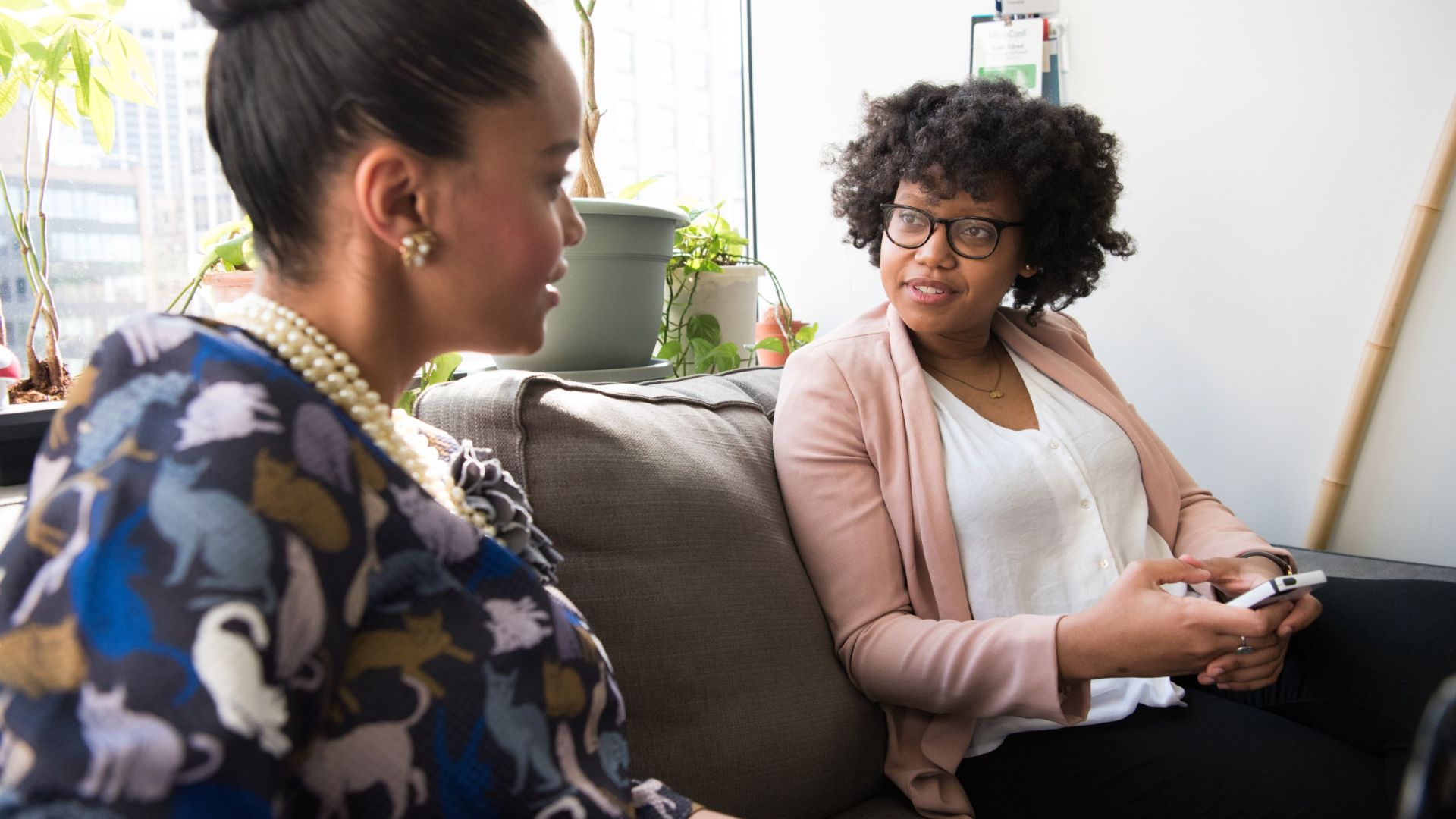Peer support changed my life

Subscribe to Catalyst
Subscribe to get our magazine delivered right to your inbox
Related Articles
Related Articles
I parked my car blocks away, terrified that if anyone saw me near the building they would know that I was one of the “crazy” people attending the meeting. I walked slowly, almost turning back to my car 3 times before I made it to the door. What kind of people would I find inside? I put my hand on the handle, took a deep breath, and entered.
I found myself in a small, crowded but cheerful room – crowded with supplies, with cluttered workstations, with the smell of bad coffee and welcoming faces. This was my first experience of peer support. This was really my first experience of meeting other people who were open about their experiences with mental illness. And this was the first meeting that changed my life.
Peer support offers benefits that are less accessible through traditional “medical model” treatments:
- Recovery-oriented
- Empowerment
- Independence
- Responsibility
- Choice
- Respect and dignity
- Social action
- Self-help
- Hope
What I have learned from peer support
From my peers, I learned that recovery is possible and that it is a process, not a destination. That some folks (me included) will struggle with mental illness throughout their lives, but that we can still live well with that illness.
I gained a sense of community, that I am not alone, or “crazy” or a “freak” – that I am instead a person in very good company with others who share or have shared my struggles, who understand my perspective and who respect and support me based on who I am.
I discovered that I do not have to be a passive recipient of care, but that I can be active in my own care and recovery. I learned that I have agency and choice and a responsibility to help myself through my own journey with mental illness.
I learned that I have a great deal to offer, too, to others who are struggling. My experiences, as frustrating and often inexplicable as they seem, can help others make sense of their own lives and thereby become useful. Bonus: I found that helping others can be a steppingstone on my own journey with recovery.
Peer support helped me crush my own self-stigma and counteract the stigma I encountered in my world. It gave me hope for my future at a time when I wasn’t sure if the future was worth waiting for. And it still has a regular place in my life, as indispensable to me as my medications and talk therapy. It cannot replace those things, but also cannot be replaced by them – it is completely complementary.
How to find peer support
There are a variety of forms that peer support can take – informal or formal, group-based, or one-on-one, in-person or virtual – but if you are interested in taking the first steps the internet is the place to start. In the years before the pandemic peer support required me to leave my house. Now there are a variety of internet-based options (which are great for many, including those of you living outside of bigger cities), but in-person options are starting to pop
Author: Jessica Ward-King
BSc, PhD, aka the StigmaCrusher, is a mental health advocate and keynote speaker with a rare blend of academic expertise and lived experience. Equipped with a doctorate in experimental psychology and firsthand knowledge of bipolar disorder, she’s both heavily educated and, as she likes to say, heavily medicated. Crazy smart, she’s been crushing mental health stigma since 2010.